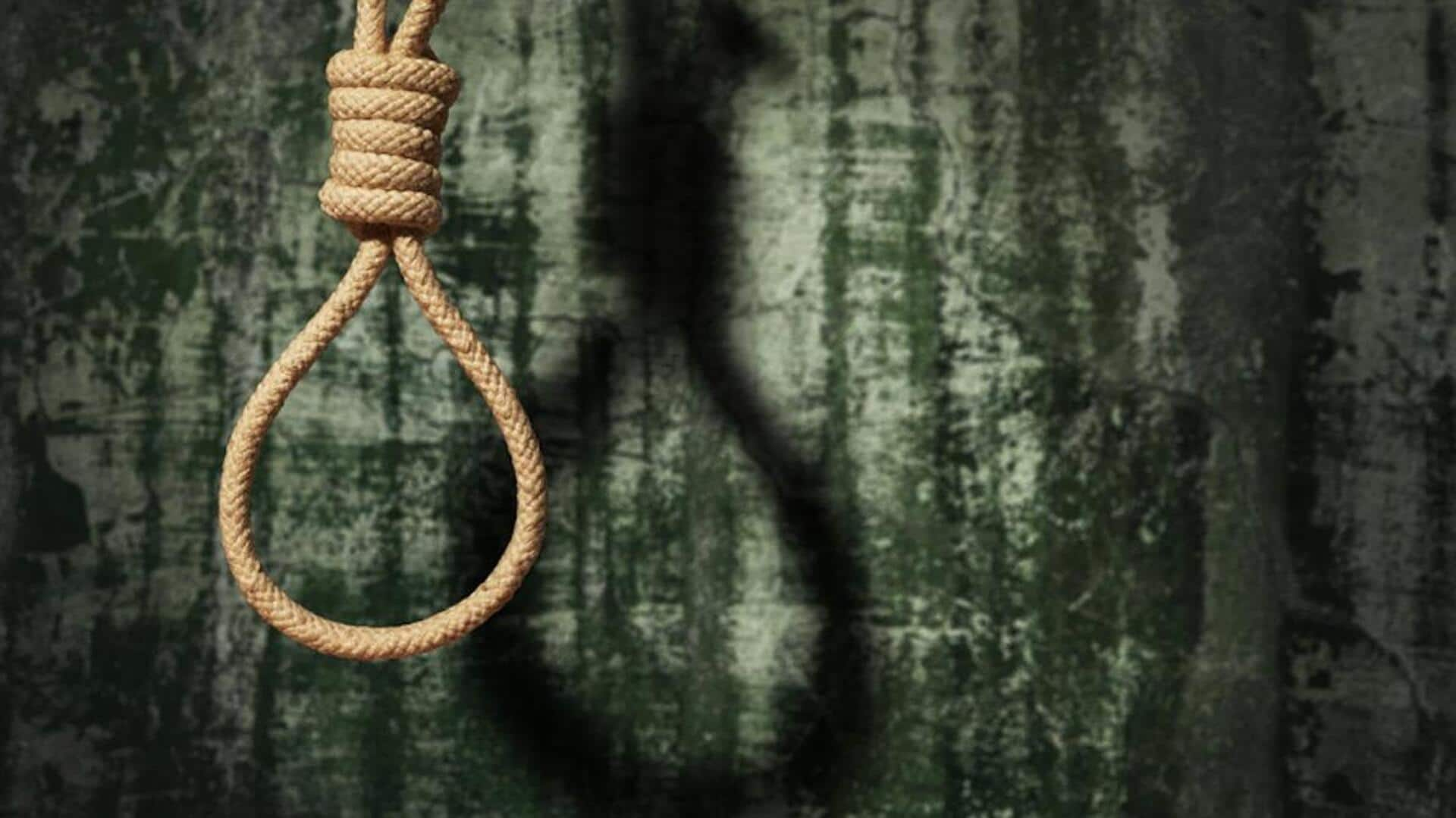Top Stories
Supreme Court Challenges Government on Execution Methods

The Supreme Court of India has raised concerns regarding the government’s resistance to replacing hanging with lethal injection as a method of capital punishment. This came to light during a public interest litigation (PIL) aimed at abolishing death by hanging, highlighting a growing need for more humane execution alternatives.
Justices Vikram Nath and Sandeep Mehta, who form the court’s bench, expressed their discontent with the government’s current stance. Justice Mehta remarked on the need for modernization, stating, “The problem is, the government is not ready to evolve… it’s a very old procedure, things have changed over a period of time.”
The PIL, filed by Advocate Rishi Malhotra, advocates for the adoption of lethal injection or shooting as methods that could execute convicts within minutes. Malhotra emphasized the drawbacks of hanging, describing it as “cruel, barbaric, and lingering.” He pointed out that 49 states in the United States utilize lethal injection, suggesting it as a more humane option.
In addition to the change in execution methods, the petition seeks to establish the right to a dignified death as a fundamental right under Article 21 of India’s Constitution. It argues that current methods of execution infringe upon this right and contravene United Nations resolutions aimed at minimizing suffering during capital punishment.
During a court session in March 2023, the possibility of forming an expert committee to examine the implications of hanging was discussed. This committee would assess factors such as the pain inflicted during the execution process and the resources available for carrying out such a method. Attorney General R Venkataramani later endorsed the idea of this committee to evaluate more humane alternatives to capital punishment.
The matter has been adjourned until November 11, when further hearings will take place regarding the ongoing discussions about execution methods in India. The Supreme Court’s involvement underscores the critical examination of capital punishment practices and their alignment with human rights standards.
-

 World3 months ago
World3 months agoSBI Announces QIP Floor Price at ₹811.05 Per Share
-

 Lifestyle3 months ago
Lifestyle3 months agoCept Unveils ₹3.1 Crore Urban Mobility Plan for Sustainable Growth
-

 Science3 months ago
Science3 months agoNew Blood Group Discovered in South Indian Woman at Rotary Centre
-

 Sports3 months ago
Sports3 months agoBroad Advocates for Bowling Change Ahead of Final Test Against India
-

 World3 months ago
World3 months agoTorrential Rains Cause Flash Flooding in New York and New Jersey
-

 Top Stories3 months ago
Top Stories3 months agoKonkani Cultural Organisation to Host Pearl Jubilee in Abu Dhabi
-

 Science3 months ago
Science3 months agoNothing Headphone 1 Review: A Bold Contender in Audio Design
-

 Top Stories3 months ago
Top Stories3 months agoAir India Crash Investigation Highlights Boeing Fuel Switch Concerns
-

 Sports3 months ago
Sports3 months agoCristian Totti Retires at 19: Pressure of Fame Takes Toll
-

 Business3 months ago
Business3 months agoIndian Stock Market Rebounds: Sensex and Nifty Rise After Four-Day Decline
-

 Politics3 months ago
Politics3 months agoAbandoned Doberman Finds New Home After Journey to Prague
-

 Top Stories3 months ago
Top Stories3 months agoPatna Bank Manager Abhishek Varun Found Dead in Well









